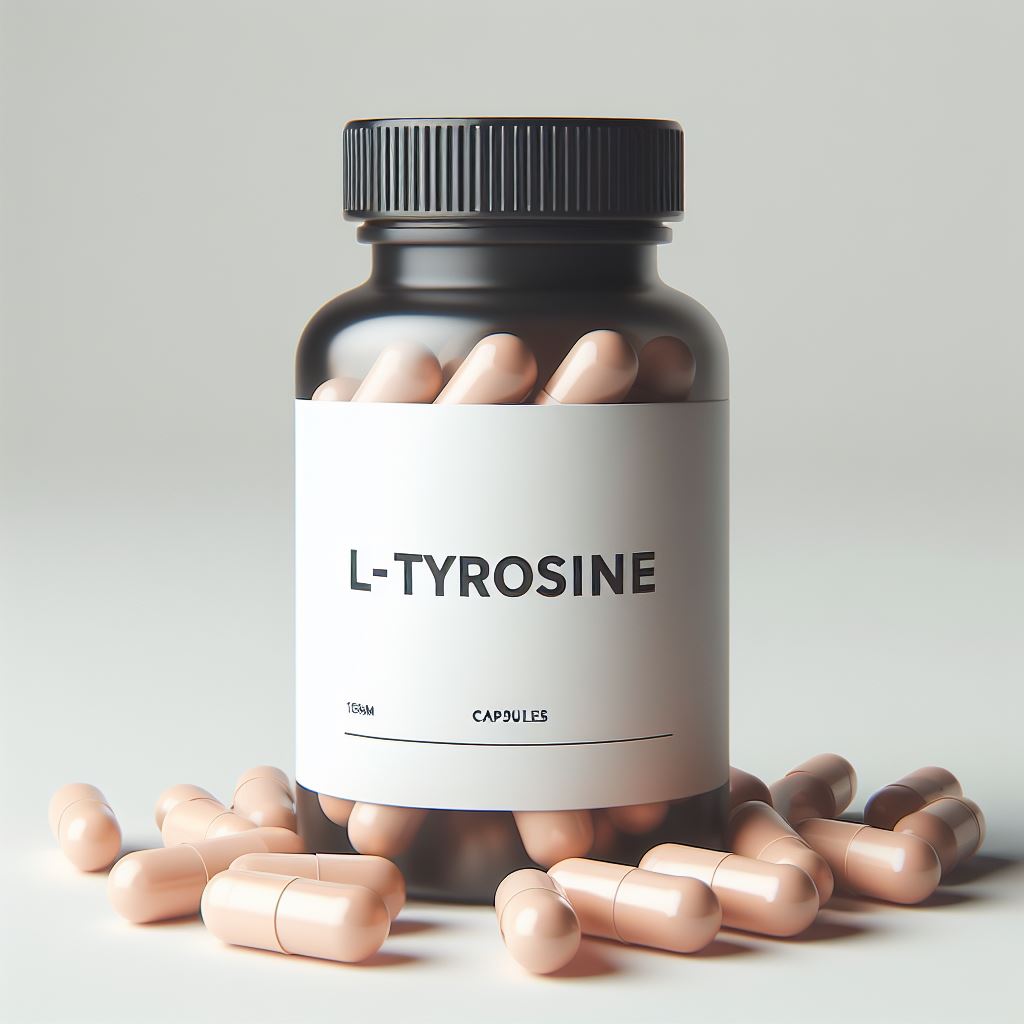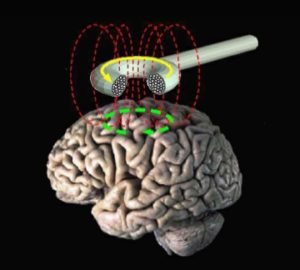L-Tyrosine and Short-Term Stress

As an amino acid, L-tyrosine (tyrosine) has a number of important functions in the body. Like most amino acids, tyrosine plays a role in the structure of proteins. It also functions as a precursor, utilized in the body’s synthesis of dopamine, norepinephrine, epinephrine and thyroid hormones. Due to the fact that supplementing with tyrosine can raise dopamine and norepinephrine neurotransmitter levels (Fernatrom 2007), tyrosine has often been considered as a treatment of mental health conditions. However, the research on the mental health effects of L-tyrosine is nuanced and still quite limited. Most benefits from tyrosine appear to revolve around the stress response.
Tyrosine, Depression and Stress
Norepinephrine and epinephrine are stress hormones, meaning levels increase when we are under stress. Yet some people make the mistake of thinking that increasing the levels of stress hormones will make stress worse. Based on this assumption, they claim that tyrosine supplementation has negative effects. However, it’s worth noting that stress hormones help us adapt to stress and are often depleted in animal models of depression and chronic stress (Roth 1982). Agents that increase norepinephrine often display antidepressant properties, while reducing levels of norepinephrine can cause a relapse of depressive symptoms in patients with a history of depression (Moret 2011). From what we know, adequate production of stress hormones appears to play a positive role in mental health.
Tyrosine Supplementation and Depression
Early research initially suggested that tyrosine, taken in fairly large doses of 100 milligrams per kilogram of body weight divided into three equal doses per day, had some antidepressant activity (Gelenberg 1984). However, a larger clinical trial by the same group failed to show any consistent antidepressant effects (Gelenberg 1990). No other clinical studies appear to have been attempted on whether tyrosine supplementation can improve depressed mood.
Tyrosine Supplementation for Stress
Probably the best indication for tyrosine is for supporting physical and cognitive functioning under stress. Numerous military studies have explored the effects of tyrosine on performance during stressful situations. One of the initial studies exposed individuals to cold and low oxygen, like what would be experienced on a mountain top. Subjects that received tyrosine had fewer negative symptoms, improved performance and better mood than subjects that received placebo (Banderet 1989). Other studies found better memory function with tyrosine supplementation during stressful cold exposures (Shurtleff 1994, Mahoney 2007).
A small study on noise stress and cognitive function found benefits with tyrosine supplementation (Deijen 1994). Of interest, subjects’ blood pressure was also reduced transiently after taking tyrosine.
Sleep deprivation is also known to increase stress while decreasing work performance. A couple of military studies found that supplementation with tyrosine reduced the negative effects of sleep loss on work performance (Neri 1995). In a comparison trial to amphetamine during sleep deprivation, tyrosine was less effective but still improved work performance (Magill 2003). As a bonus, tyrosine doesn’t cause problems with recovery sleep, whereas amphetamine is disruptive to normal sleep patterns (Waters 2003).
Conclusion
Tyrosine is an amino acid that appears to support cognitive function when individuals are under different types of stress. While long-term studies are needed, the short-term trials did not bring up significant concerns for side effects. Occasionally, tyrosine can trigger headaches, but this is unusual in my own clinical experience. For stressful situations where you want to maintain or support cognitive function, tyrosine may be a reasonable option.



